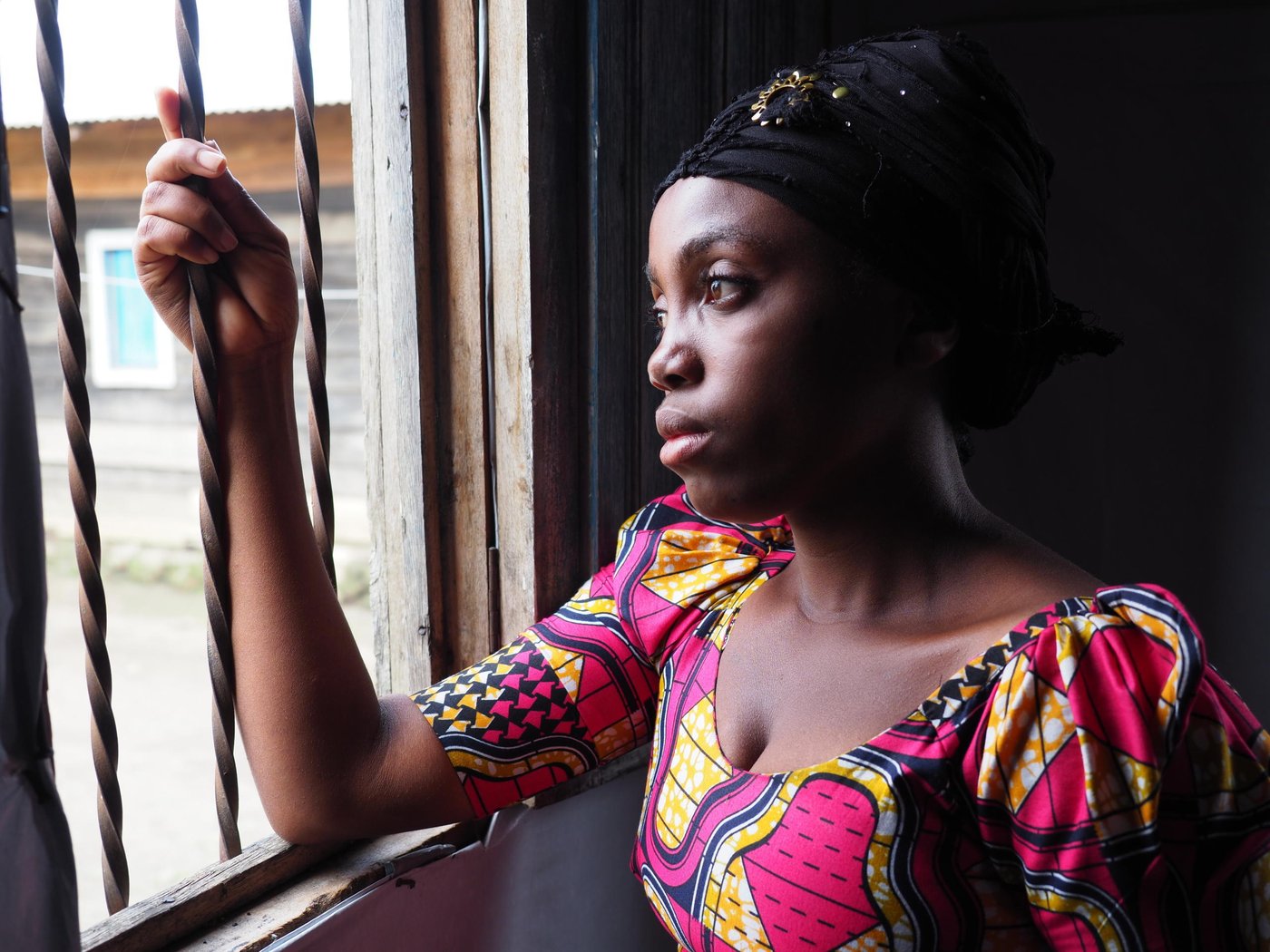Att vara ung internflykting är mycket svårt. I flyktens kaos kan unga människor separeras från föräldrar och släktingar, och belastas med ansvar för yngre syskon och andra familjemedlemmar.
Från att ha varit unga och bekymmerslösa finner de sig oväntat stå ensamma med allt ansvar. Deras en gång ljusa framtid fördunklas nu av osäkerhet och varje dag består i en kamp för att överleva. De plötsliga förändringarna gör dem förvirrade, ledsna och rädda, men de har inget annat val än att fortsätta, med den nya ansvarsbördan på sina axlar.
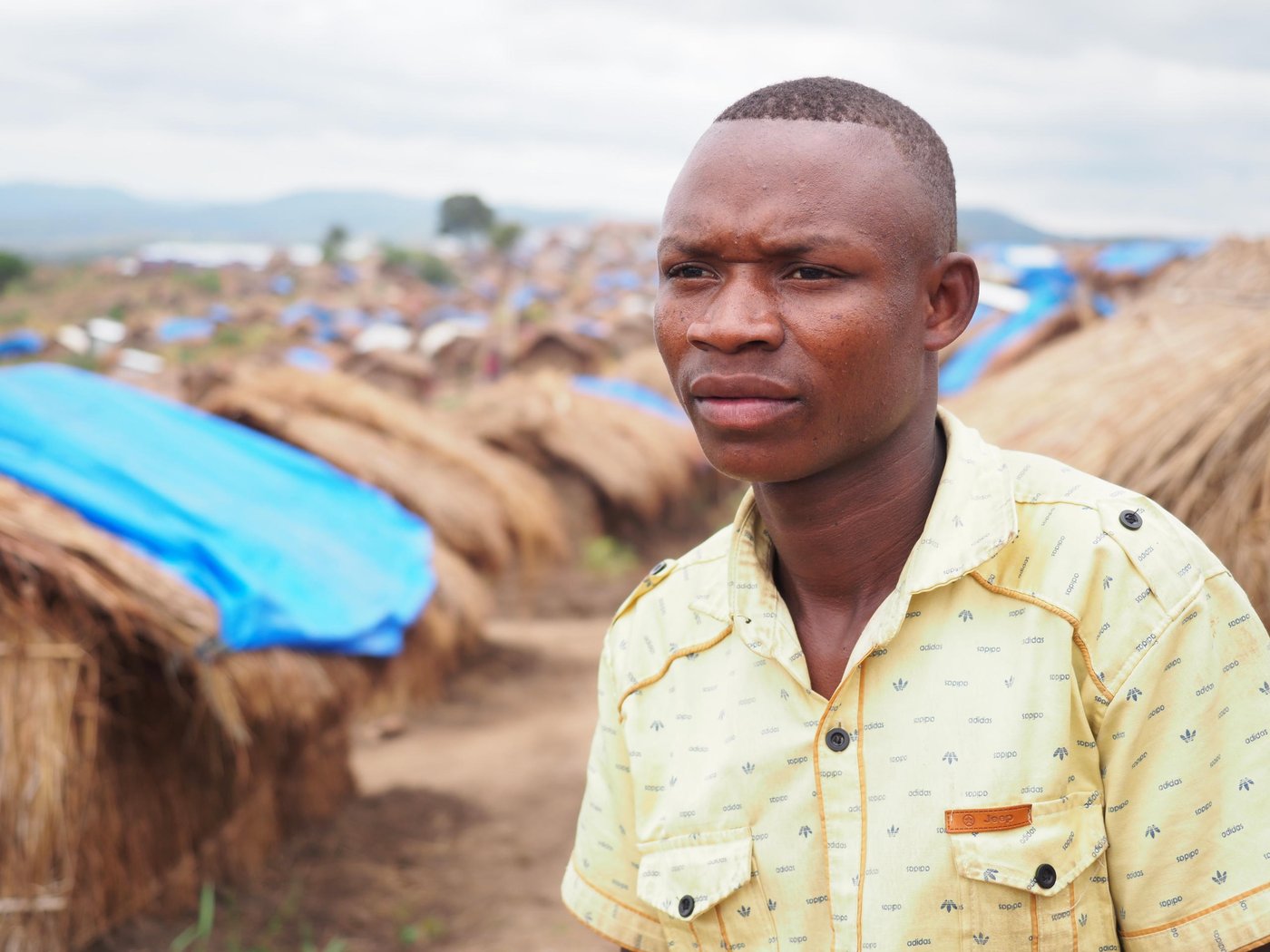
Föreställ dig att du vaknar upp mitt i natten, till ljudet av skrik, våld och skottlossning. Det finns ingen tid att förlora. Du måste springa, bort från kaoset, så fort du någonsin kan. Detta är verklighet för många internflyktingar. Plötsliga våldsutbrott ger inte utrymme för förberedelser.
Ingen tid att hitta sin familj
När grupper attackerade Martins by sprang byborna i olika riktningar. Martin och hans pappa sprang i samma riktning, men hans mamma sprang i motsatt riktning. Martin hade inte tid att få med sig någonting.
Efter fyra timmars vandring kom Martin och hans pappa till Mwaka-lägret. Nästa dag bestämde sig pappan för att gå tillbaka hem för att se om han kunde hitta några av deras tillhörigheter och ta hand om djuren. Pappan kom aldrig tillbaka.
Martins mamma och fem syskon lever fortfarande, men de flydde till en annan stad långt borta. Martin kan inte ta sig dit, det är för långt och för farligt. Han kämpar med förlusten av sin pappa och sina vänner och saknar sin mamma och sina syskon.
Han har bott alldeles ensam i Mwaka-lägret i östra Kongo-Kinshasa i ett år nu. Han överlever genom att leta efter och byta ved mot mat. Om han har tur får han ett mål om dagen. Vissa dagar äter han inget alls.
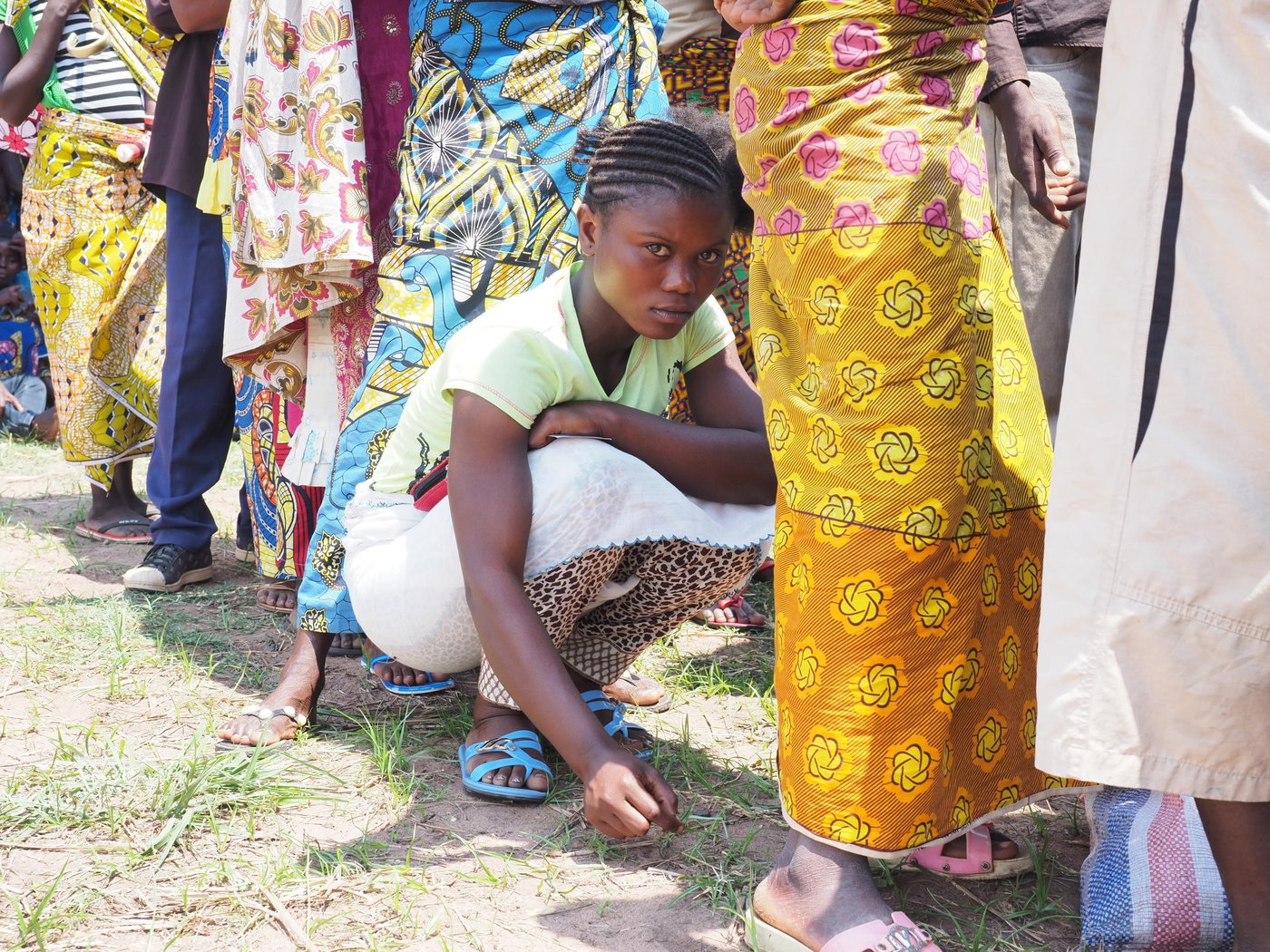
Fyra dagars flykt till fots
För ett år sedan vaknade Awezaye på natten av att hennes mamma grät och skrek ”Jag dör!”. Deras by hade attackerats i våldsamma konflikter mellan etniska grupper.
Awezaye reagerade snabbt. Hon tog tag i sin lillebror och sin lillasyster och flydde in i djungeln. Sedan gick de i fyra dagar. Awezayes föräldrar och yngsta syster, som bara var 18 månader, flydde åt ett annat håll. Hennes yngsta syster dog. Hennes föräldrar hamnade i ett annat område långt bort.
När Awezaye först kom till Mulgani-lägret mötte hon mycket svåra livsvillkor. Hon hade ingen tillgång till vare sig mat eller husrum. Därtill hade hon ansvar för sina två yngre syskon. NRC Flyktinghjälpen kunde hjälpa henne med husrum och kontanter till mat.
Awezaye saknar verkligen sina föräldrar, men hon tröstar sig med att de åtminstone lever. Hon drömmer om att få återförenas med sina föräldrar, att få gå i skolan igen och lära sig att bli skräddare så att hon kan få ett jobb.
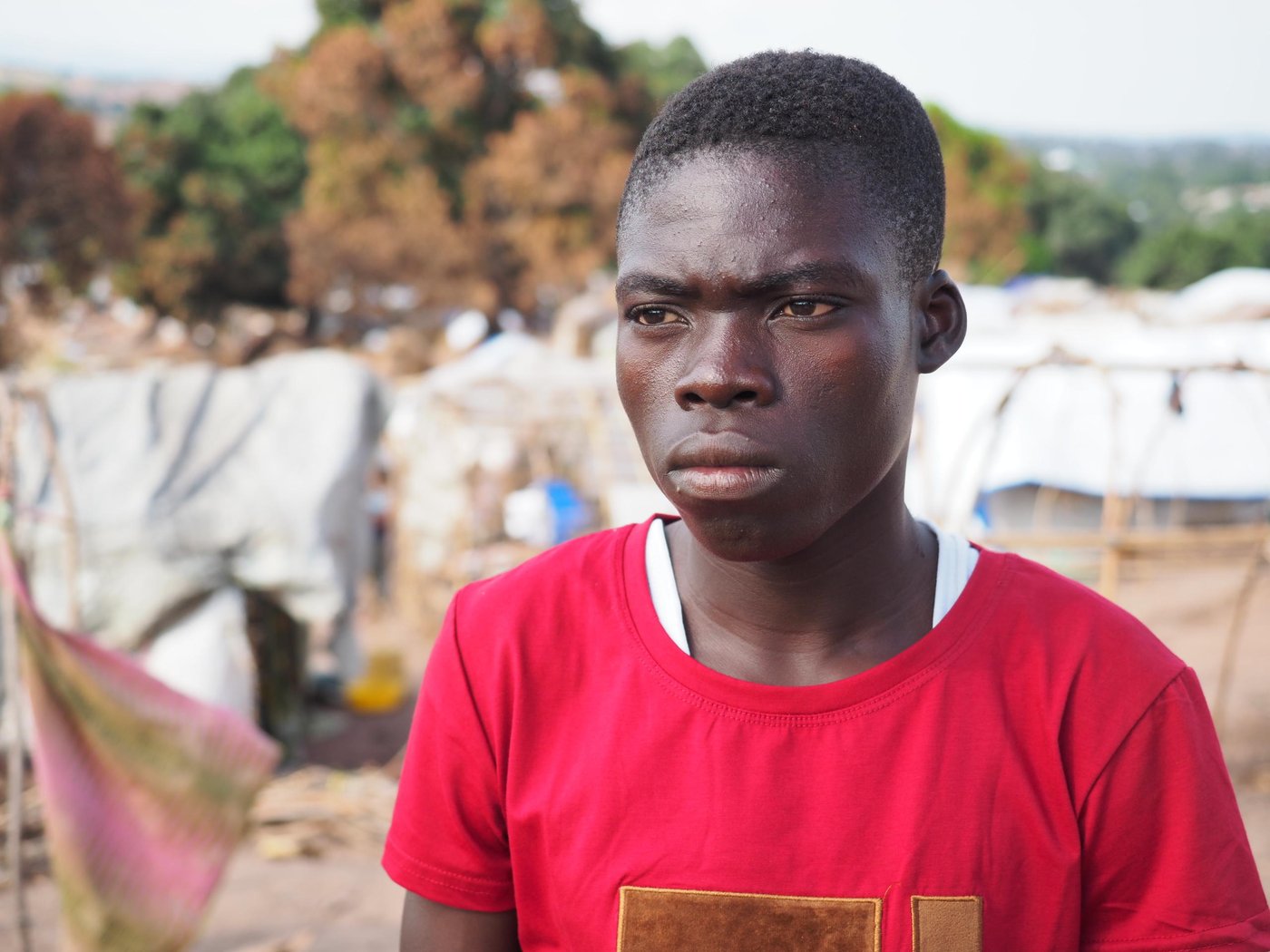
Att vara stark för sin bror
Masimango, 18 år, och Bone, 8 år, är bröder och bor i Tanganyika-lägret. När deras by attackerades för två år sedan dödades deras föräldrar och äldre syskon. De två bröderna har bara varandra kvar i livet.
Att vara en ung internflykting utan föräldrar är mycket svårt. Det är tufft att vid 18 års ålder ha hela ansvaret för sin lillebror. Masimango känner en enorm press att vara stark för Bones skull, trots de utmaningar de möter varje dag. Han saknar sin familj och sitt gamla liv.
Han drömmer att han och Bone ska kunna gå i skolan igen och att han en dag kan bli hjälparbetare så att han kan hjälpa andra som drabbats av konflikter. Han försöker vara optimistisk och säger att så länge han får mat kan han förbli stark nog att till slut hitta ett jobb. Allt handlar om att överleva en dag i taget.
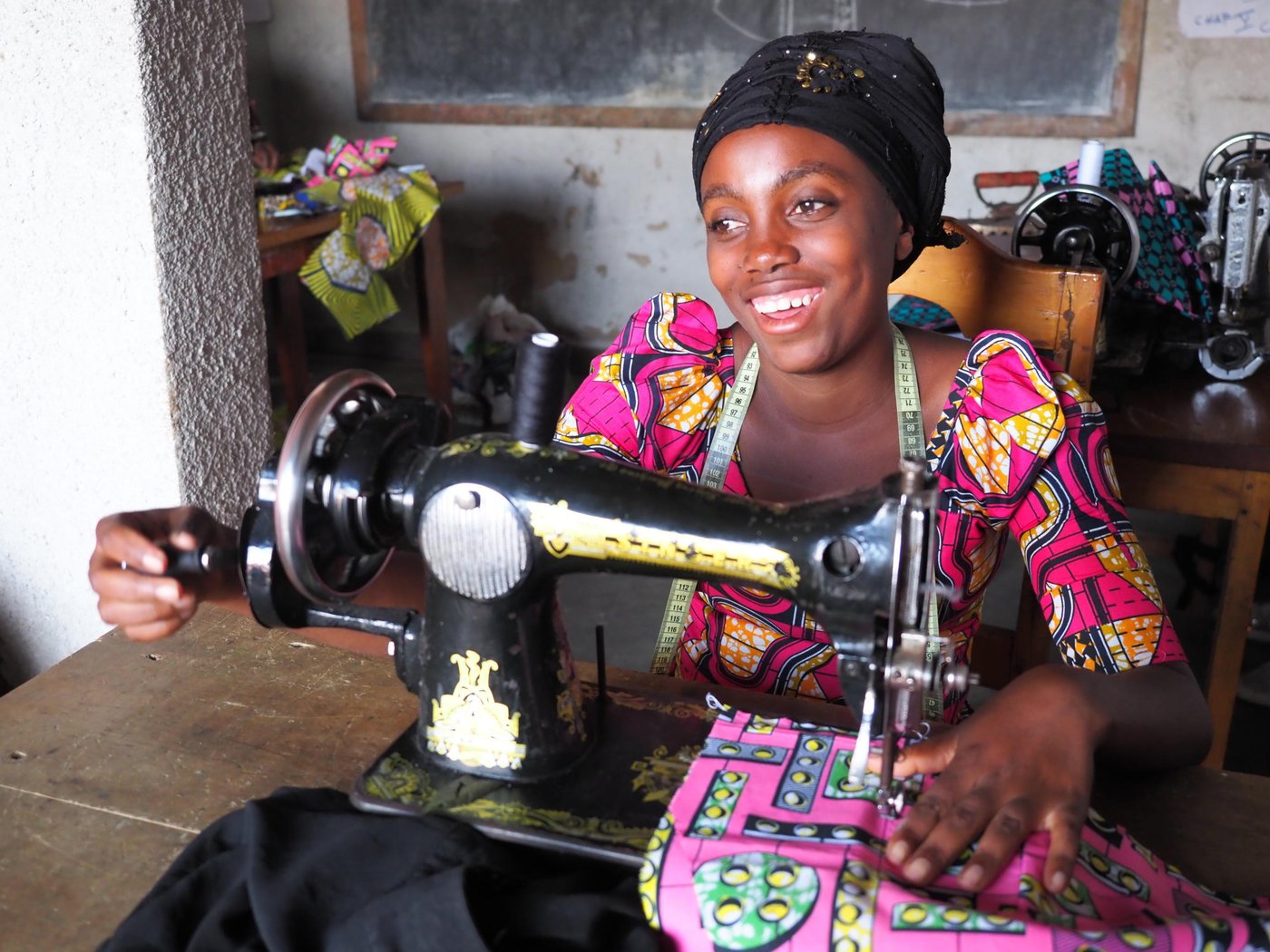
Trots de dagliga utmaningar de möter drömmer unga internflyktingar om en bättre framtid. Med hjälpen från NRC Flyktinghjälpen blir några av drömmarna verklighet.
Drömmar om en ljusare framtid
Rachel bor med sina föräldrar, syskon och två år gamla dotter i staden Kitchanga. Men hon känner sig inte trygg som ung internflykting och är rädd hela tiden. Hon känner sig också utfryst för att hon är singelmamma.
Hon går NRC Flyktinghjälpens sexmånaders sömnadskurs i Kitchanga. Innan hon började kursen fanns det inget för henne att göra i lägret. Nu är hon glad över att kunna utnyttja tiden till att utvecklas och tillägna sig nya färdigheter. Hon älskar att sy och drömmer om att öppna ett eget skrädderi så att hon kan tjäna pengar och låta sin dotter gå i skolan.
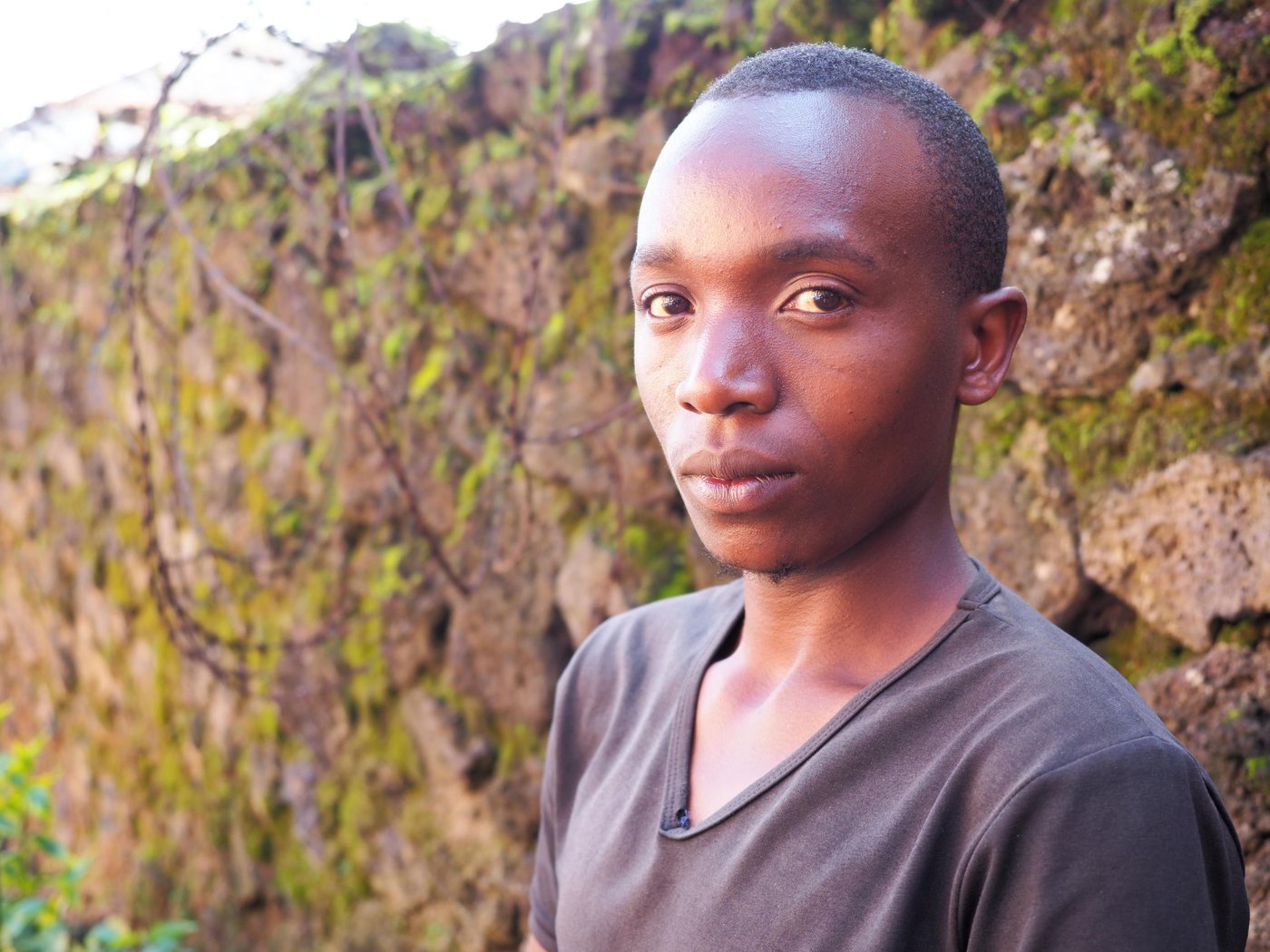
Hopp trots bristen på möjligheter
Albert, 22 år, bor också i staden Kitchanga med sin fru, två barn och föräldrar. Eftersom Alberts föräldrar är till åren behöver han ta hand om dem också, utöver sin fru och sina barn. Han berättar för oss om svårigheterna med att vara ung internflykting. Det är brist på arbetstillfällen och varje dag är en kamp för att överleva.
Albert går en NRC-kurs för att utbilda sig till mekaniker. Han drömmer om att arbeta i en bilverkstad så att han kan tjäna tillräckligt med pengar för att återuppta sina universitetsstudier. Han skulle också vilja stötta sin fru i att starta ett eget företag och hoppas att de en dag kan återvända till sin hemby tillsammans.
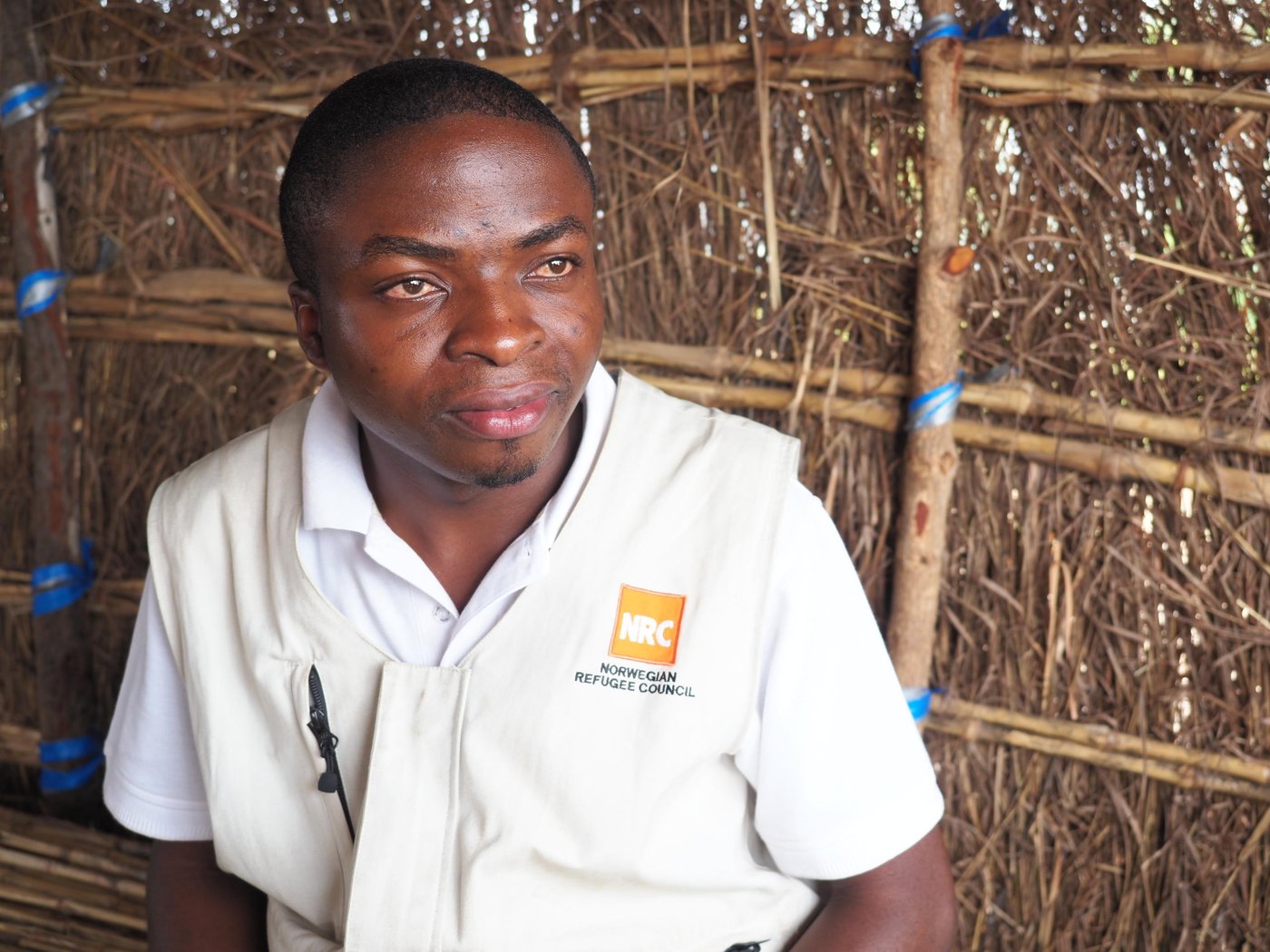
Att förstå kampen för att överleva
Justin Aganze arbetar för NRC Flyktinghjälpen. Han tilltalades av NRC Flyktinghjälpens vision på grund av sina egna erfarenheter som ung internflykting. Han förstår dem som har tvingats fly och deras kamp att överleva under värsta tänkbara förhållanden.
– Döden skulle ha varit en lättnad för vi led så svårt. Det var värre än helvetet, säger Justin när han tänker tillbaka på hur han och hans familj flydde från sin hemstad och gick i dagar, sökte skydd i skogar och kyrkor och fick mycket lite att äta.
Liksom de hjälporganisationer som hjälpte hans familj under den svåra tiden vill han också vara en hoppets fyrbåk för dem som upplever liknande svårigheter. Han har utvidgat sitt arbete utanför tjänsten med NRC Flyktinghjälpen och arbetar på sin fritid som ungdomsmentor.
Hur NRC stödjer unga internflyktingar i DR Kongo
Många skolor i Kongo-Kinshasa har brunnit ner i de pågående våldsamheterna eller används fortfarande som logi för internflyktingar. Många tusen barn och unga människor som flytt till byar på landsbygden kan inte gå i skolan, något som ger dem dåliga utsikter både på kort och lång sikt. Utan vuxna i sina liv är unga internflyktingar mycket beroende av stöd från ideella organisationer, som NRC Flyktinghjälpen.
NRC Flyktinghjälpen erbjuder dem anpassad undervisning och lärlingsprogram. Dessa program gör det möjligt för de unga att bli aktiva och engagerade medlemmar i sina samhällen.
Våra utbildningsteam i DR Kongo:
- anordnar utbildningsmöjligheter som hjälper barn som gått miste om skoltid att komma ikapp sina jämnåriga och återintegreras i det formella skolsystemet
- skyddar barn och ungdomar både fysiskt och psykiskt och ger en känsla av normalitet och rutin
- utbildar lärare, auktoriteter och andra utbildningsintressenter i psykosocialt stöd, fredsarbete, skolklasshantering, förebyggande av sexuellt utnyttjande och övergrepp samt god skolledning
- stödjer återuppbyggnad och nybyggnad av klassrum
- erbjuder ungdomar utbildning så att de kan utveckla sina färdigheter och få vägledning till ett yrke


